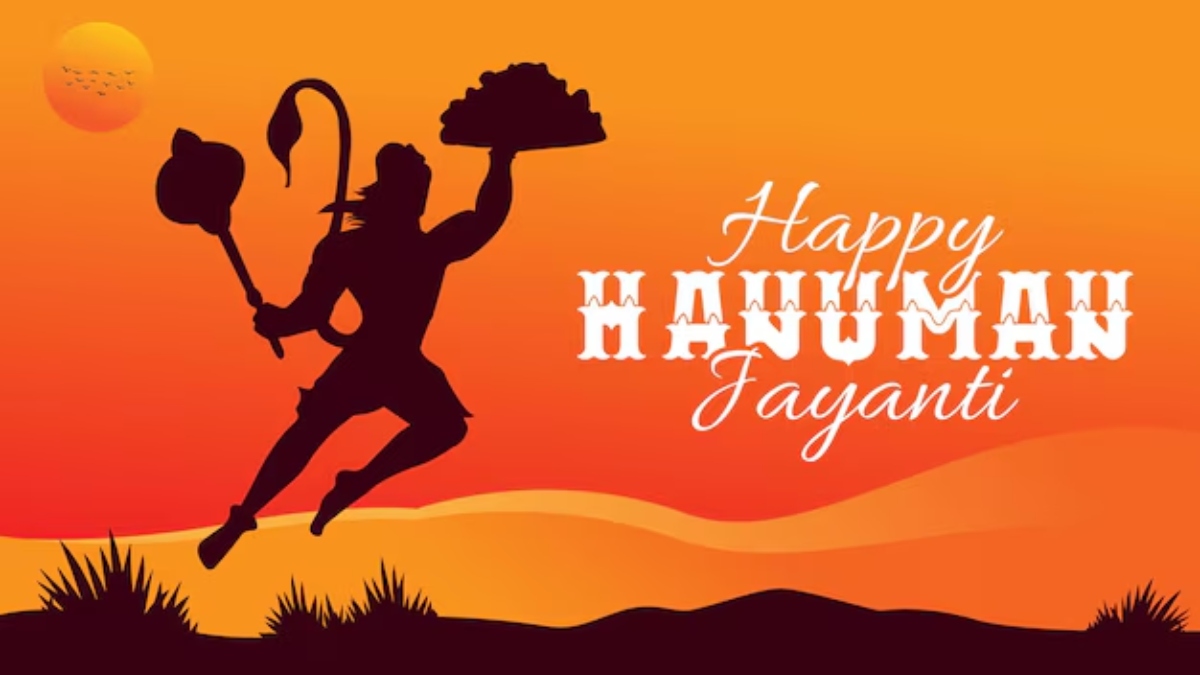Experts feel that this facility will help in creating a stronger digital payments infrastructure for NRIs around the world and their families back in India.
“RBI has enabled the Indian diaspora world over to harness the BBPS platform built by our NPCI. Using the BBPS platform now, NRIs will be able to pay any bill with the convenience of sitting anywhere in the world. This augurs a true connectivity of Bharat to the world. NRIs sitting in Washington DC or Singapore will be able to pay electricity, gas or any bill for their families in rural areas of India. Now, Bharat is nearby for the world,” Anand Kumar Bajaj, founder, MD & CEO, PayNearby, a fintech company that empowers retail shop owners to offer digital services to local communities, said.
Bikram Singh, business head of bill-payments at BillDesk, feels that it will now be more convenient for NRIs to be able to make payments directly including post-paid mobile phone; electricity and gas bills and loan repayments. “So far, NRIs usually made remittances to their family members in India who make the payments on their behalf. It’s a good initiative by RBI to enable BBPS to directly accept cross border inward bill payments” he said.
!(function(f, b, e, v, n, t, s) {
window.TimesApps = window.TimesApps || {};
const { TimesApps } = window;
TimesApps.loadFBEvents = function() {
(function(f, b, e, v, n, t, s) {
if (f.fbq) return;
n = f.fbq = function() {
n.callMethod ? n.callMethod(…arguments) : n.queue.push(arguments);
};
if (!f._fbq) f._fbq = n;
n.push = n;
n.loaded = !0;
n.version = ‘2.0’;
n.queue = [];
t = b.createElement(e);
t.async = !0;
t.src = v;
s = b.getElementsByTagName(e)[0];
s.parentNode.insertBefore(t, s);
})(f, b, e, v, n, t, s);
fbq(‘init’, ‘593671331875494’);
fbq(‘track’, ‘PageView’);
};
})(
window,
document,
‘script’,
‘https://connect.facebook.net/en_US/fbevents.js’,
);if(typeof window !== ‘undefined’) {
window.TimesApps = window.TimesApps || {};
const { TimesApps } = window;
TimesApps.loadScriptsOnceAdsReady = () => {
var scripts = [
‘https://static.clmbtech.com/ad/commons/js/2658/toi/colombia_v2.js’ ,
‘https://www.googletagmanager.com/gtag/js?id=AW-877820074’,
‘https://imasdk.googleapis.com/js/sdkloader/ima3.js’,
‘https://tvid.in/sdk/loader.js’,
‘https://timesofindia.indiatimes.com/video_comscore_api/version-3.cms’,
‘https://timesofindia.indiatimes.com/grxpushnotification_js/minify-1,version-1.cms’,
‘https://connect.facebook.net/en_US/sdk.js#version=v10.0&xfbml=true’,
‘https://timesofindia.indiatimes.com/locateservice_js/minify-1,version-14.cms’
];
scripts.forEach(function(url) {
let script = document.createElement(‘script’);
script.type=”text/javascript”;
if(!false && !false && !false && url.indexOf(‘colombia_v2’)!== -1){
script.src = url;
} else if (!false && !false && !false && url.indexOf(‘sdkloader’)!== -1) {
script.src = url;
} else if (!false && (url.indexOf(‘tvid.in/sdk’) !== -1 || url.indexOf(‘connect.facebook.net’) !== -1)) {
script.src = url;
} else if (url.indexOf(‘colombia_v2’)== -1 && url.indexOf(‘sdkloader’)== -1 && url.indexOf(‘tvid.in/sdk’)== -1 && url.indexOf(‘connect.facebook.net’) == -1){
script.src = url;
}
script.async = true;
document.body.appendChild(script);
});
}
}

)





More News
Independent travel high on Gen Z’s mind: Skyscanner survey – Times of India
India’s first geothermal project: ONGC plans June drilling; project may open source of emission-free electricity in Ladakh – Times of India
Rs 15,000 crore 4G deal: TCS setting up four large BSNL data centres in ‘most complex deployment’ – Times of India